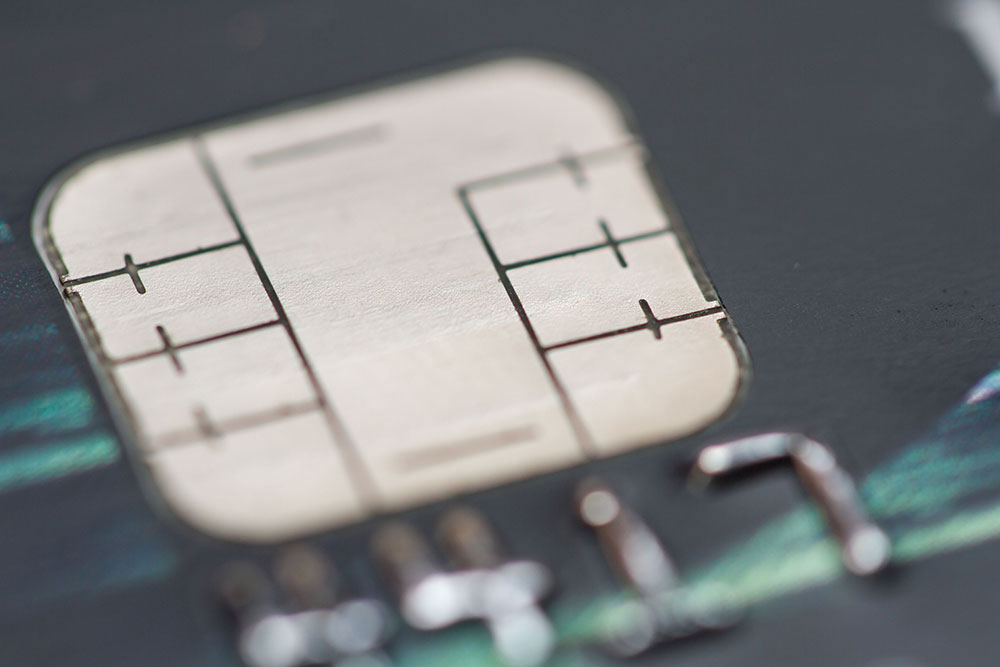You have likely heard the term “payment gateway” when setting up your merchant account, but do you know just what a payment gateway does? The payment gateway acts as a facilitator as it accepts the customer credit or debit data and securely routes it through the POS terminal to the bank so you can get paid. They key component to a payment gateway is security, because customer credit and debit data needs to be protected from fraudsters and data thieves as it travels through the system. Because of this, the credit card associations have developed a set of rules and security standards that anyone with access to card data must follow, and that includes payment gateways. These rules and standards are known as the Payment Card Industry Data Security Standard, which is often abbreviated PCI DSS or just PCI.
A payment gateway is the service that authorizes credit card payments for both online and offline businesses, and its main job is to validate the customer’s credit information, making sure everything is correct and that the funds are available in the account, allowing you to get paid. Think of it like the point of sale (POS) terminal that affects all aspects of a credit card transaction. But just how does a payment gateway work? Here are the four main steps a transaction follows through a payment gateway:
- Accepts input of the customer’s credit card information.
- Tokenizes the information and securely passes it from the merchant (you) to the bank.
- Lets you know if the transaction has been approved.
- Submits the charges for settlement -
- Deducts transaction amount from the customer’s credit card account.
- Deposits funds into your merchant account.
Payment gateways authorize a variety of transactions for ecommerce, online retailers and brick-and-mortar locations across all types of businesses, from small start-ups to long-established corporations. Below are some questions that merchants can ask themselves when choosing a payment gateway:
- How soon do you want to start accepting payments? Some payment gateways may take three or four weeks to complete your account setup, others can be ready to use almost immediately.
- Does the payment gateway offer international payments? If you plan to do business internationally, and not just in the United States, you will want to make sure your gateway has that capability.
- How secure is the payment gateway? As mentioned above, security is the primary objective of a gateway. Your gateway should be level 1 compliant with PCI DSS, and have security capabilities like tokenization.
- What kind of customer support does the gateway offer? Ask yourself if the gateway offers email, chat or live support; where their support personnel are located; do you pay extra for support; and what hours are the support available. The answers can help you decide if the gateway is the right one for you.
- What types of cards and payments are accepted by the payment gateway? Most will accept Visa, MasterCard, Discover and American Express. However, if you want to accept international payments, make sure the gateway can accept local card types as well.
- Can the payment gateway accept automatic recurring payments? This is important if you take recurring payments. Your gateway will need to store customer’s credit information and allow you to charge them on a recurring basis, as with a monthly subscription or automatic bill payment system.
With plenty of options from which to choose, deciding on a payment gateway can be complicated. Answering the above questions, then weighing the pros and cons of each gateway you’re considering will help you find the one that’s right for your business.



